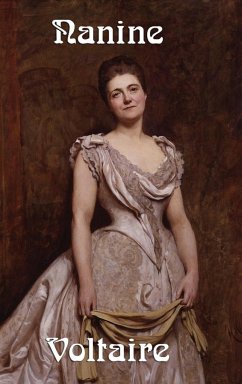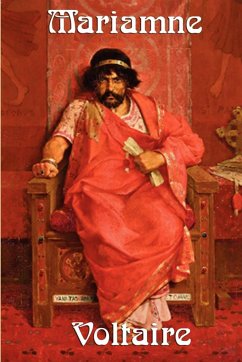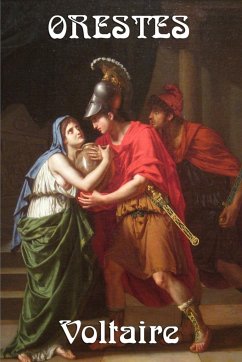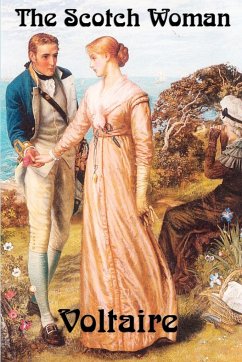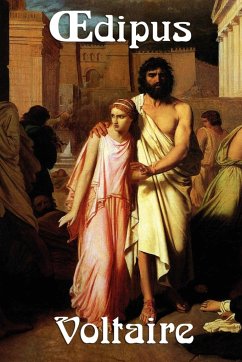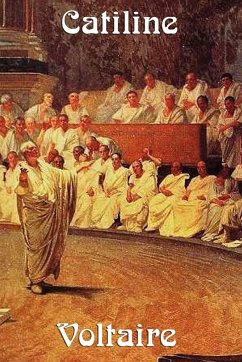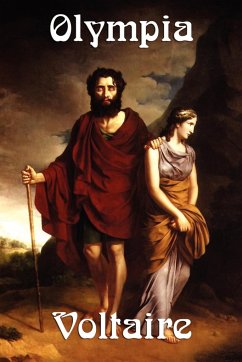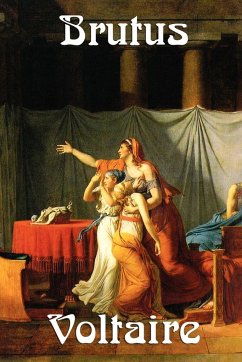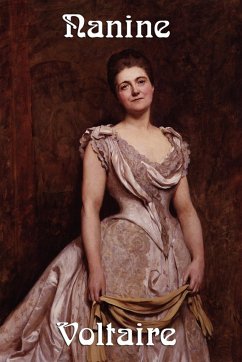
Nanine
Versandkostenfrei!
Versandfertig in 1-2 Wochen
11,99 €
inkl. MwSt.
Weitere Ausgaben:

PAYBACK Punkte
6 °P sammeln!
"This Comedy is called in the French Nanine, ou le Préjugé Vaincu (Nanine, or Prejudice Overcome). It is written, as we are told in the title-page, in verses of ten syllables. The absurdity of comedies in rhyme I have already remarked. The original begins thus: Il faut parler, il faut, Monsieur le Comte, Vous expliquer nettement sur mon Compte. The reader cannot but observe, what villainous rhymes Comte and Compte are, and perhaps will more readily forgive my reducing this comedy into plain prose. It was produced in 1749."-Voltaire Wilder Publications is a green publisher. All of our books a...
"This Comedy is called in the French Nanine, ou le Préjugé Vaincu (Nanine, or Prejudice Overcome). It is written, as we are told in the title-page, in verses of ten syllables. The absurdity of comedies in rhyme I have already remarked. The original begins thus: Il faut parler, il faut, Monsieur le Comte, Vous expliquer nettement sur mon Compte. The reader cannot but observe, what villainous rhymes Comte and Compte are, and perhaps will more readily forgive my reducing this comedy into plain prose. It was produced in 1749."-Voltaire Wilder Publications is a green publisher. All of our books are printed to order. This reduces waste and helps us keep prices low while greatly reducing our impact on the environment.




